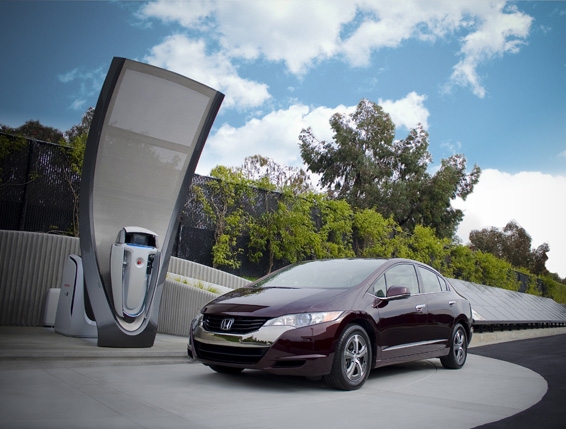Most science-fiction series show a world with easy access to all the energy it needs to run its devices, but the situation in the real world is far from that ideal. Over the past decade, growing numbers of people are becoming concerned about modern society’s reliance on fossil fuels – gasoline, coal, natural gas, propane and so forth…. burned in vehicle engines and power plants. Fossil fuels have been the primary fuel source of industry since mechanization started during the Industrial Revolution, and its use has continued to increase every year since then.
Concerns over fossil fuel use have been increasing in recent decades as the harmful effects are more well-known. The worldwide use of fossil fuels has many far-reaching negative consequences: pollution, health problems, and environmental damage from extraction and accidental exposure, among others. Another concern that is beginning to grow more prevalent is that fossil fuel reserves are dwindling, with some estimates suggesting that at the current rate of consumption, global oil reserves may only last a few decades. The possibility of running out of fossil fuels has enormous social and economic implications; if this were to happen, it would drastically reduce the modern world’s transportation, power generation and manufacturing capabilities. In order to prevent this from happening, and to safeguard the environment from further damage, new forms of energy production are being sought.
Nuclear fission is a temporary solution at best, since it creates highly radioactive waste, and geographical requirements limit the usefulness of many “green” sources of energy such as wind, solar and tidal power. The most promising new power generation technology is nuclear fusion, but that technology is still decades away from being economically viable. In order to continue using a modern level of technology, humanity must find and embrace a new source of energy that is clean, reliable, safe and not limited by geography. The good news is that a promising solution to this need has already been discovered – as some science-fiction works predicted – in the form of hydrogen power.
Hydrogen is a flammable gas that is naturally very rare in its pure form but exists in one of Earth’s most plentiful resources – water. Compared to extracting a fossil fuel like oil or coal, getting pure hydrogen is extremely easy. In a process known as electrolysis, electricity is sent through water, splitting it into hydrogen and oxygen atoms that are then collected. The other main form of hydrogen extraction pulls it from fossil fuels and therefore does not solve the fuel shortage problem. The simplicity of hydrogen extraction means it can be performed wherever there is water and electricity, and these simple requirements mean that hydrogen factories could easily be built to draw the necessary electricity from hydroelectric dams or tidal generators.
Once hydrogen has been extracted, the most efficient means to transport it is in liquid form, and it can be shipped by truck or pipeline to where it is needed. After it is transported to its destination, there are two main methods of getting energy from hydrogen. One is the fuel cell, which I will discuss in my next blog, and another method is simply to burn it like gasoline. When hydrogen is burned, it releases energy and combines with oxygen in the air to create perfectly pure water, which can then be collected or discarded. Besides eliminating pollution, the clean nature of this technology has other fringe benefits, like reducing wear and tear on engines, since there is no build-up of residue as in a conventional internal combustion engine. Another advantage is that it should be possible to combine hydrogen fuel generation and water purification, using the power that would normally go into purifying drinking water to create even cleaner water, while also producing electricity and hydrogen in order to make the process more energy-efficient.
Hydrogen has many advantages, but there are also challenges that must be overcome before it can become a major part of the world economy. For the most part, these problems are economic – not technological. Hydrogen is more difficult to store and transport than oil, but this issue is already being examined and transportation is currently easy enough for the technology to be useable. Another issue is that hydrogen is a way to transport energy and not a full energy source in itself. This means that in order to create a truly emission-free economy, the electricity that is used to produce hydrogen must be clean as well. The infrastructure for a hydrogen pipeline must also be laid, including refueling stations and hydrogen refineries. The fact that hydrogen can be locally extracted anywhere there is water and electricity means that this expense may be unnecessary, however, as fuelling stations and even homes could be equipped with the necessary equipment to produce the fuel on site. Once these issues are resolved, hydrogen would become an important fuel source and allow clean energy with none of the negative byproducts that we associate with fossil fuels.
Top Photo: world.honda.com

